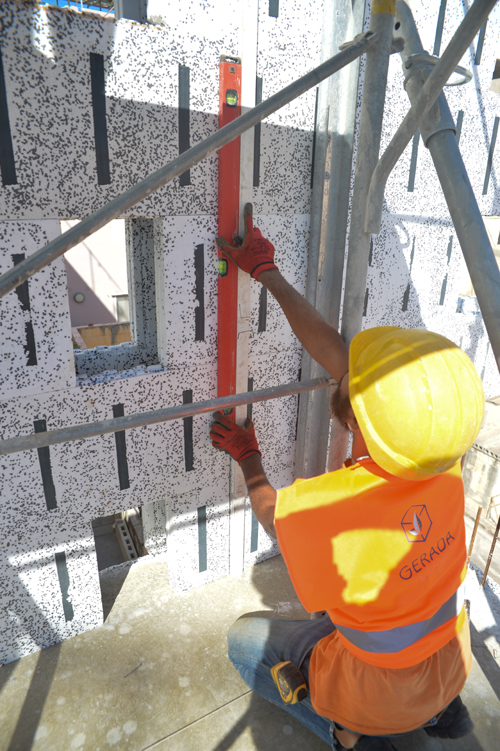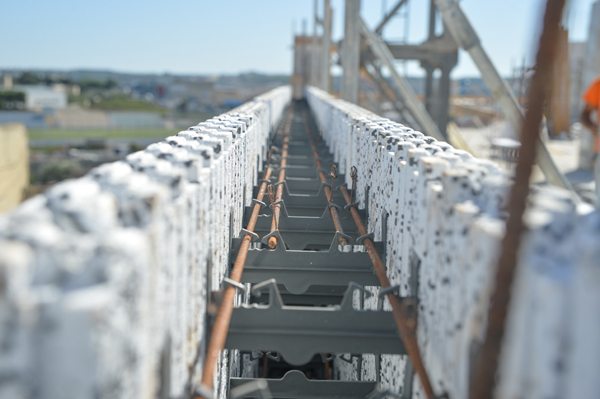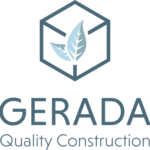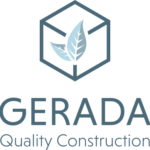

Gerada Quality Construction has been appointed as the sole representative of Climblock in Malta. Climablock is a high-quality ICF (Insulated Concrete Form) system which combines the structural integrity of concrete and the thermal insulation properties of EPS (Expanded Polystyrene).
The system is based on forms – the Climablock elements – that can be easily and rapidly interconnected to form a structure suitable for pouring concrete. After the concrete hardens, the system provides thermal insulation during winter and summer, ensuring high energy savings.
With a rising concern about our environment, it resulted that the crux of our initiative should be to construct a project which is more environmentally sustainable from the initial stages of construction till the end of life of the building. This said, GQC knew that a change in mentality needs to come about in which the benefits of a sustainable development are viewed over the long run.
It was clear to GQC that to develop sustainable buildings, one had to target carbon neutrality which can be achieved by means of the ‘Lean, Clean & Green’ philosophy. The objective is to create lean buildings that reduce the amount of energy consumed to a minimum through passive & natural techniques & introduce technologies that produce renewable energy. Leanness also applies to resource efficiency & waste reduction.
With this mindset, GQC spent the last few years researching the market, both locally and abroad, and found a solution in Climablock, an Insulated concrete form (ICF) which is an environmentally friendly product, using Twinpor EPS panels made from 98% air & 2% raw material, produced with the innovative EPS formula with black & white beads which improves the insulation performance, prevents reverberation & deterioration of the black material.
Consequently, solely replacing traditional franks stone and/ or hollow concrete blocks with these Insulated Concrete blocks already reduces the development’s carbon footprint and construction waste, as these already use recycled materials.
In addition, since these blocks lock into each other it reduces the need to cut the blocks. However, should it be required this is easily done using a hot knife, with no atmospheric pollution such as dust. Likewise, the unusable cut- offs of the ICF are easily packed into lightweight sacks and transported to a recycling facility. On the other hand, traditional materials formerly used by GQC would have had to be cut using a rotary saw, causing fine dust particulate to pollute the air. Additionally, the unusable cut- offs, which would be more bulky and heavier to transport, would likely end up as land fill since it would need more energy to recycle.
In preparation to use this ICF system, GQC had to change our construction teams’ mindset & approach to the way a construction project was set up. However, once it was accepted that this system was less labour intensive, with 1sq.m build taking between 30’ to 50’ & weighing under 3kg, the other sustainable aspects of the system were also appreciated.


